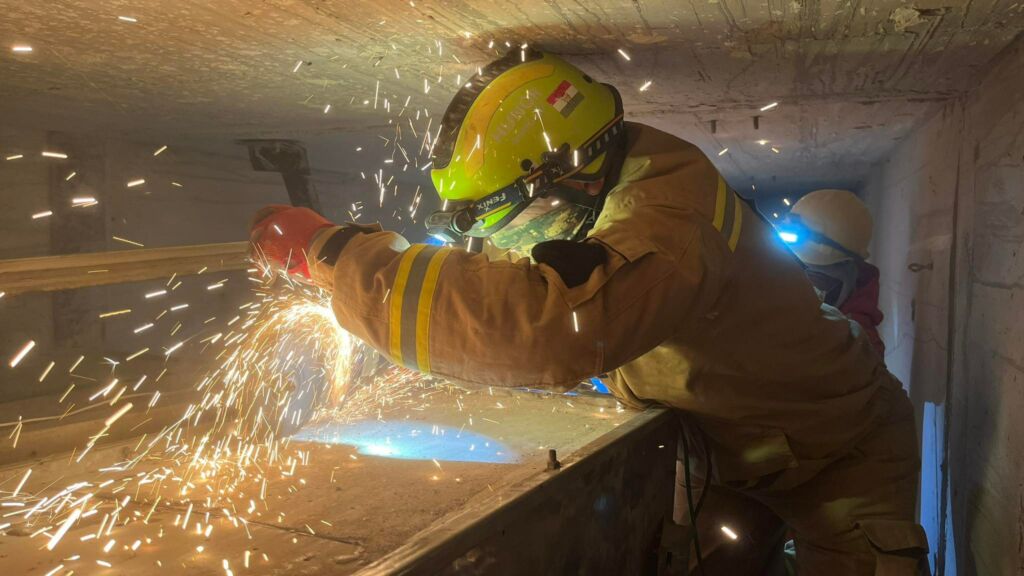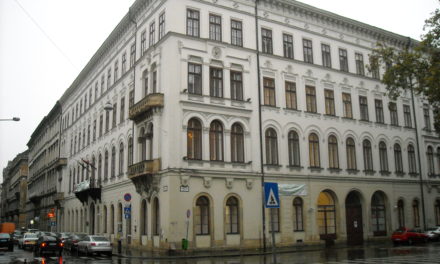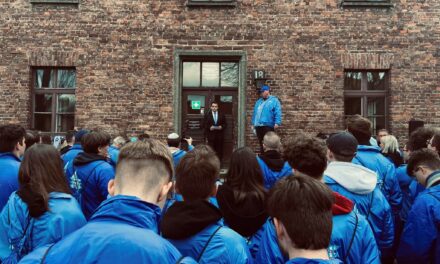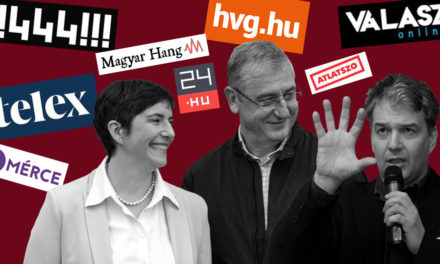It is increasingly difficult for even the most experienced professionals to penetrate the hotel in the city of Antakya, which is leaning on its back wall, and the surrounding buildings, which are still burning here and there. HUNOR's rescue team works in the area excavated by power machines, grapples and concrete breakers, sometimes with tools they have made themselves. The members of Alfa and Bravo are doing well, and they are not stopping their research overnight, reported the BM National Directorate General of Disaster Management.
"So far, seventeen survivors have been rescued from the ruins and twenty-nine dead have been brought to the surface, as well as several animals have been rescued. The power machines can only move slowly, they excavate a few tens of meters in twenty-four hours," reported one of the team members.
They said that there is mostly no electricity or water, and the aggregator at the base of the Hungarian team also helps the locals to charge their phones, hoping that they can reach their loved ones. Ringing phones are measured by TEK employees, thus providing a clue as to where the researchers should go.
"According to reports, the Turkish teams rely on the expertise of the Hungarians in an extraordinary way, they have asked them for professional help several times, it also happened that the data they measured was also revised with the instruments of the Hungarian team."
The elevator shaft in the hotel, which collapsed on its back wall, remained accessible, but its excavation is very dangerous, as the ruins are constantly moving due to the aftershocks.
There is still an impenetrable amount of debris in the area that was cleaned with work machines, and the Hungarians are picking it up with buckets made of water balloons that they made themselves, so they go centimeter by centimeter.
Aggregators also help doctors by heating infusions. One of the biggest problems is the replacement of fuel, the locals help the teams with gasoline sucked from wrecked cars, but they also bring coffee, food and blankets to the rescue teams, thus expressing their gratitude for the help.
The residents of the city are waiting outside the research area, while HUNOR fights shoulder to shoulder for the survivors with the doctors of TEK, the National Ambulance Service and the Hungarian Defense Forces, as well as other Hungarian and foreign volunteer teams working outside. The signals of the search dogs are the guide, but the exploration of narrow gaps and the removal of heavy elements take longer.
It is increasingly difficult for even the most experienced professionals to penetrate the hotel in the city of Antakya, which is leaning on its back wall, and the surrounding buildings, which are still burning here and there.
Source and full article: vasarnap.hu
Featured image: Facebook/BM













